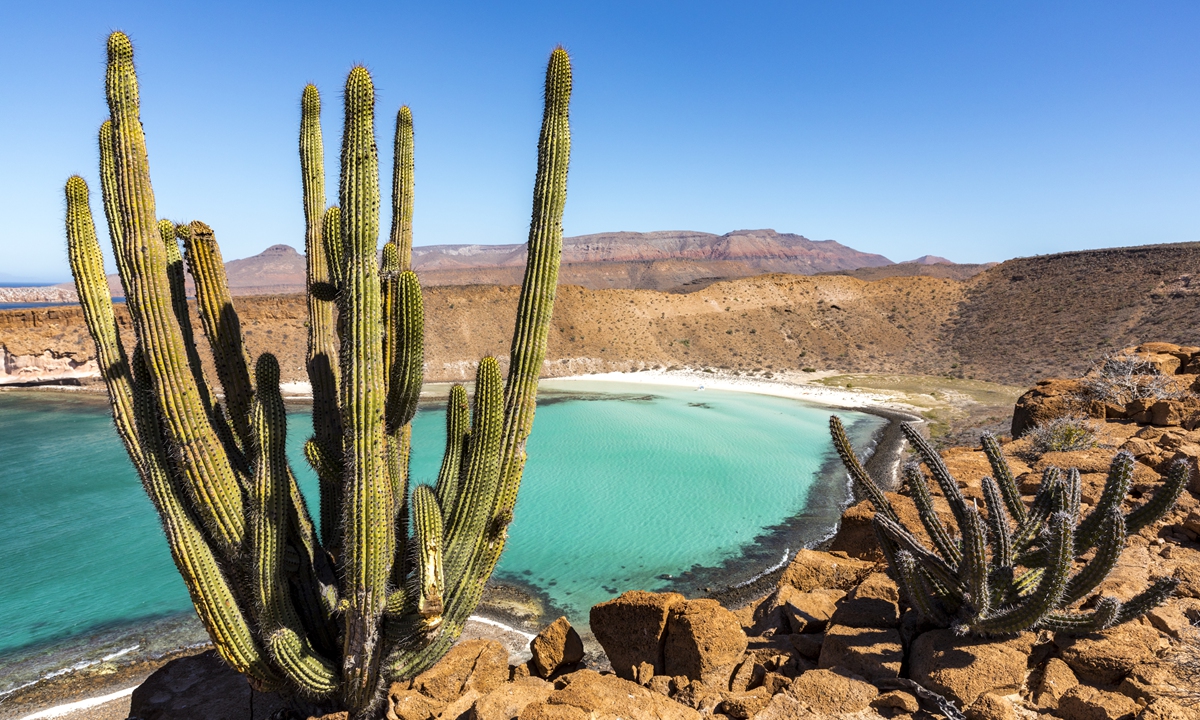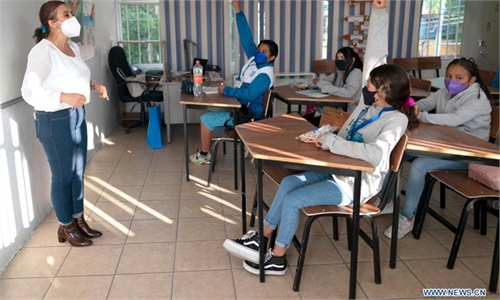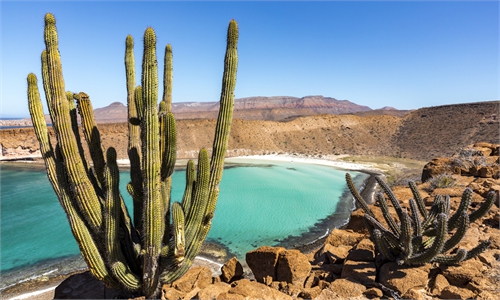
A general view in Mexico Photo: VCG
Mexico's Supreme Court on Monday decriminalized recreational marijuana use for adults, drawing a cautious welcome from activists who said users face a "legal vacuum" until lawmakers pass a stalled legalization bill."Today is a historic day for liberties," court president Arturo Zaldivar said, after eight of the 11 judges backed the decision declaring the drug's prohibition under the health law to be unconstitutional. The ruling comes after Congress failed to enact legislation allowing recreational marijuana use by an April 30 deadline set by the country's highest court.
The landmark bill was approved by the lower house in March but still needs final approval by the upper house, the Senate.
In April, the ruling majority in the Senate said it was considering postponing the final discussion on the law until September.
The Supreme Court urged Congress to issue the necessary legislation "in order to generate legal certainty."
Pro-legalization campaigners said the Supreme Court ruling left cannabis users facing many uncertainties.
Mexico United Against Crime, a non-governmental organization, said the decision "does not decriminalize the activities necessary to carry out consumption" such as production, possession and transportation of marijuana.
The ruling "leaves a legal vacuum with respect to the consumption, cultivation and distribution of cannabis," it added, calling on Congress to issue the necessary legislation.
Veteran pot legalization activist Jorge Hernandez Tinajero, who is part of the Mexican Association of Cannabis Studies, was also skeptical about the announcement.
"They do not dare to go further," he said, adding that recreational users still faced legal obstacles to possessing marijuana. One consequence of the court ruling is that recreational users will be able to obtain a permit from national health regulator Cofepris more easily, said Adriana Muro, director of rights group Elementa.
More than 300,000 people have been murdered since the government deployed the army to fight the drug cartels in 2006.



